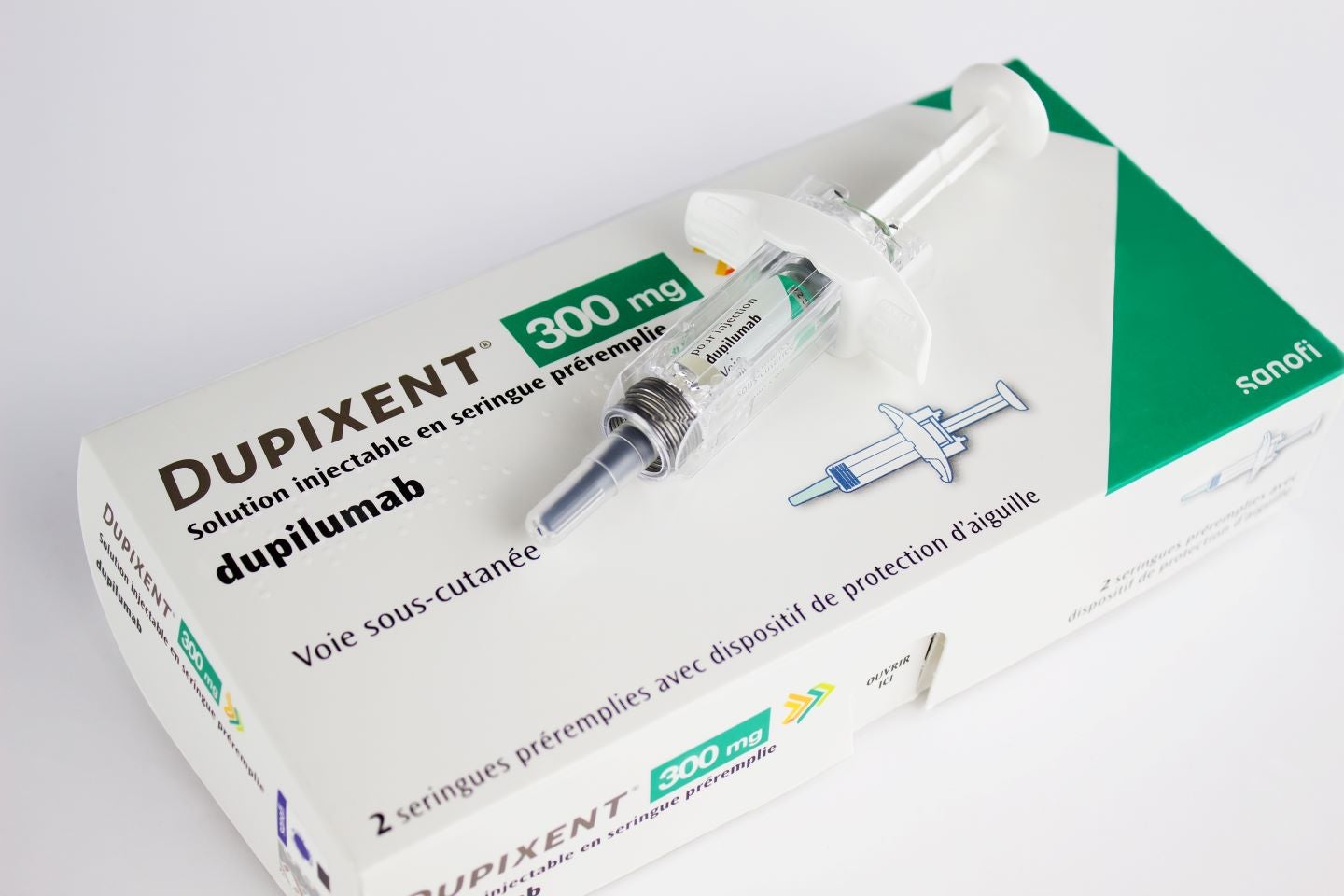At the American Thoracic Society (ATS) 2025 Congress on 19 May, Sanofi and Regeneron announced the launch of a new Phase IIIb/IV clinical trial, AIM4, during an evening industry symposium. The trial aims to reassess the entrenched stepwise escalation approach to asthma care by evaluating whether earlier biologic intervention with dupilumab could offer superior outcomes compared to continuing with high-dose inhaled corticosteroids (ICS) in patients who remain uncontrolled on medium-dose ICS/LABA.
AIM4 will randomise 250 patients with uncontrolled moderate-to-severe asthma to receive either dupilumab plus medium-dose ICS/LABA or placebo plus high-dose ICS/LABA, with an expected primary completion date of December 2026. The primary endpoint is the annualised severe asthma exacerbation rate through week 52. All participants will initially undergo a run-in period on standardised medium-dose ICS/LABA to confirm persistent lack of control before randomisation. The design directly addresses real-world inertia in treatment—where many patients remain symptomatic after three months of moderate therapy, yet are kept on or stepped up to high-dose ICS regimens with limited additional benefit.
This trial underscores a shifting paradigm in asthma care: should patients be proactively identified early—particularly those with biomarkers indicative of type 2 inflammation—and biologics initiated before irreversible airway remodelling and lung function decline take hold? The AIM4 study will offer much-needed evidence to inform this debate, especially as GINA 2025 guidelines reduce emphasis on high-dose ICS in Steps 4 and 5, and stress phenotype-driven management.
Data from prior Sanofi/Regeneron studies further supports this evolving approach. In the QUEST post hoc analysis, patients on medium-dose ICS plus dupilumab experienced significantly better asthma control than those on high-dose ICS plus placebo. The VESTIGE trial, meanwhile, demonstrated that dupilumab led to reductions in mucus plugging and air trapping, with corresponding improvements in lung function over 24 weeks—biomarker and imaging-backed evidence of its potential disease-modifying impact.
Commercially, shifting biologics earlier in the treatment journey could not only improve outcomes but also expand market access in biomarker-defined subgroups. Key opinion leaders interviewed by GlobalData emphasised the importance of intercepting disease progression early, especially in patients with elevated eosinophils and fractional exhaled nitric oxide (FeNO), who may be most likely to benefit from IL-4/IL-13 blockade. AIM4 stands to generate the evidence needed to support that positioning, and possibly redefine the optimal window for biologic intervention in asthma.

US Tariffs are shifting - will you react or anticipate?
Don’t let policy changes catch you off guard. Stay proactive with real-time data and expert analysis.
By GlobalData




